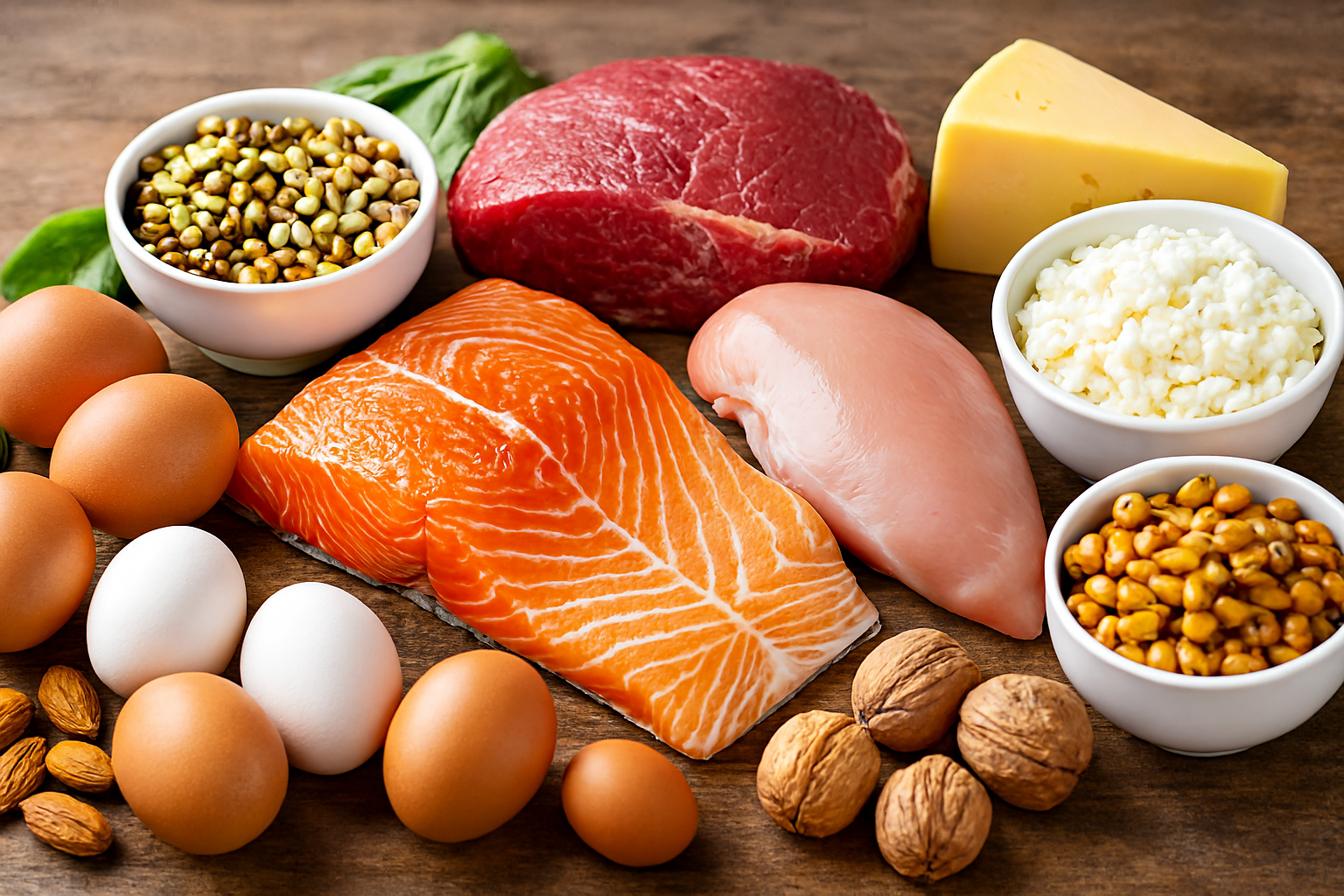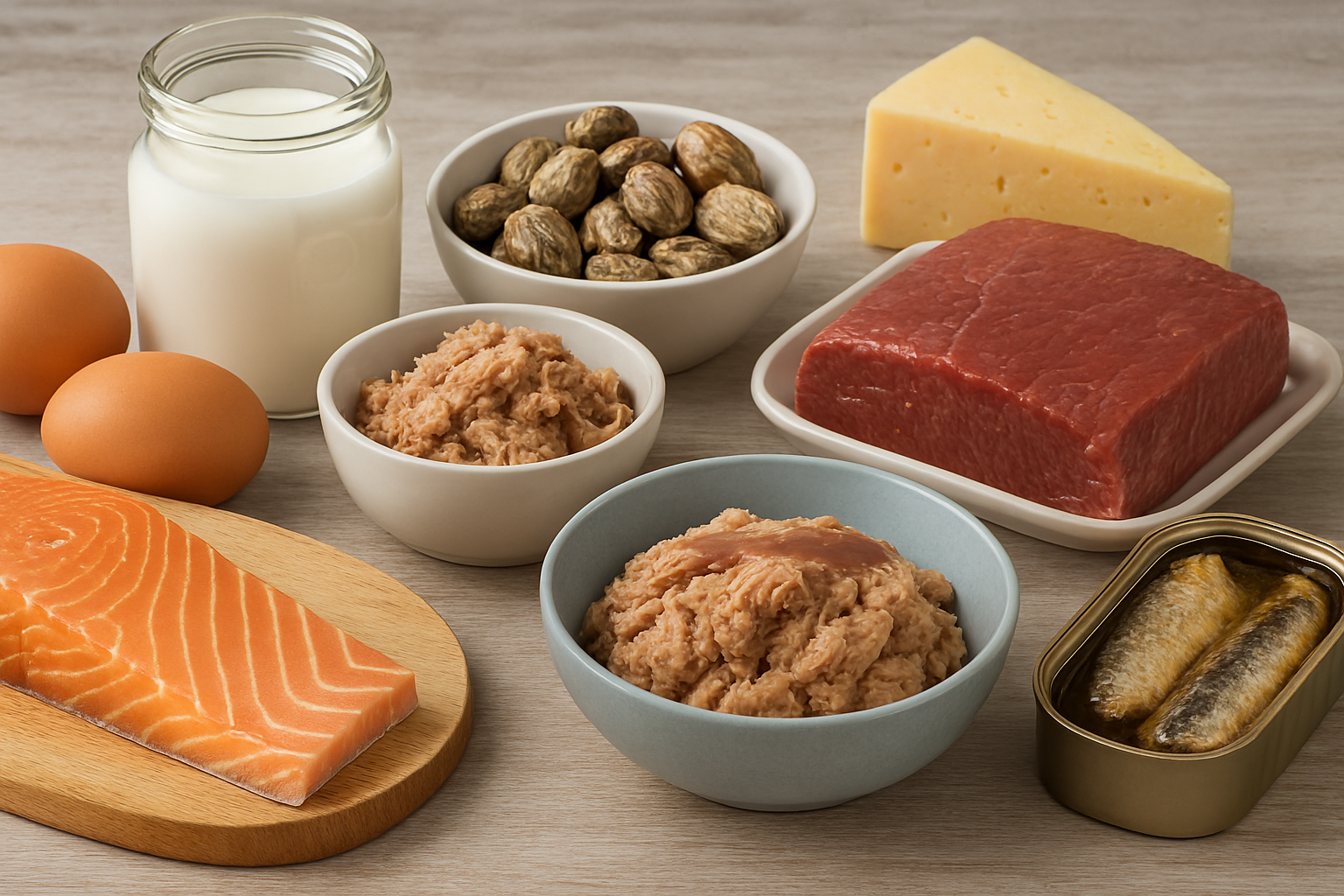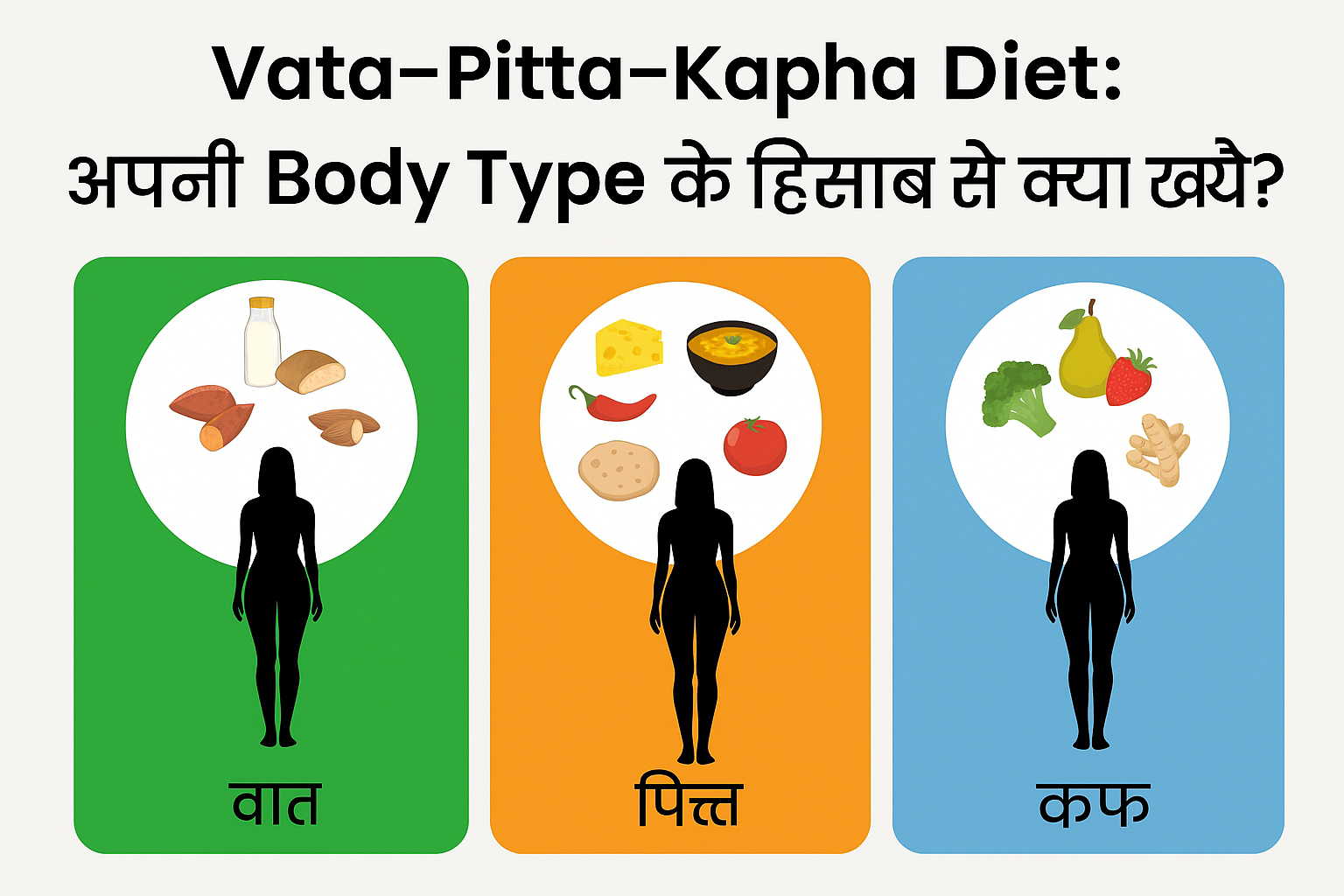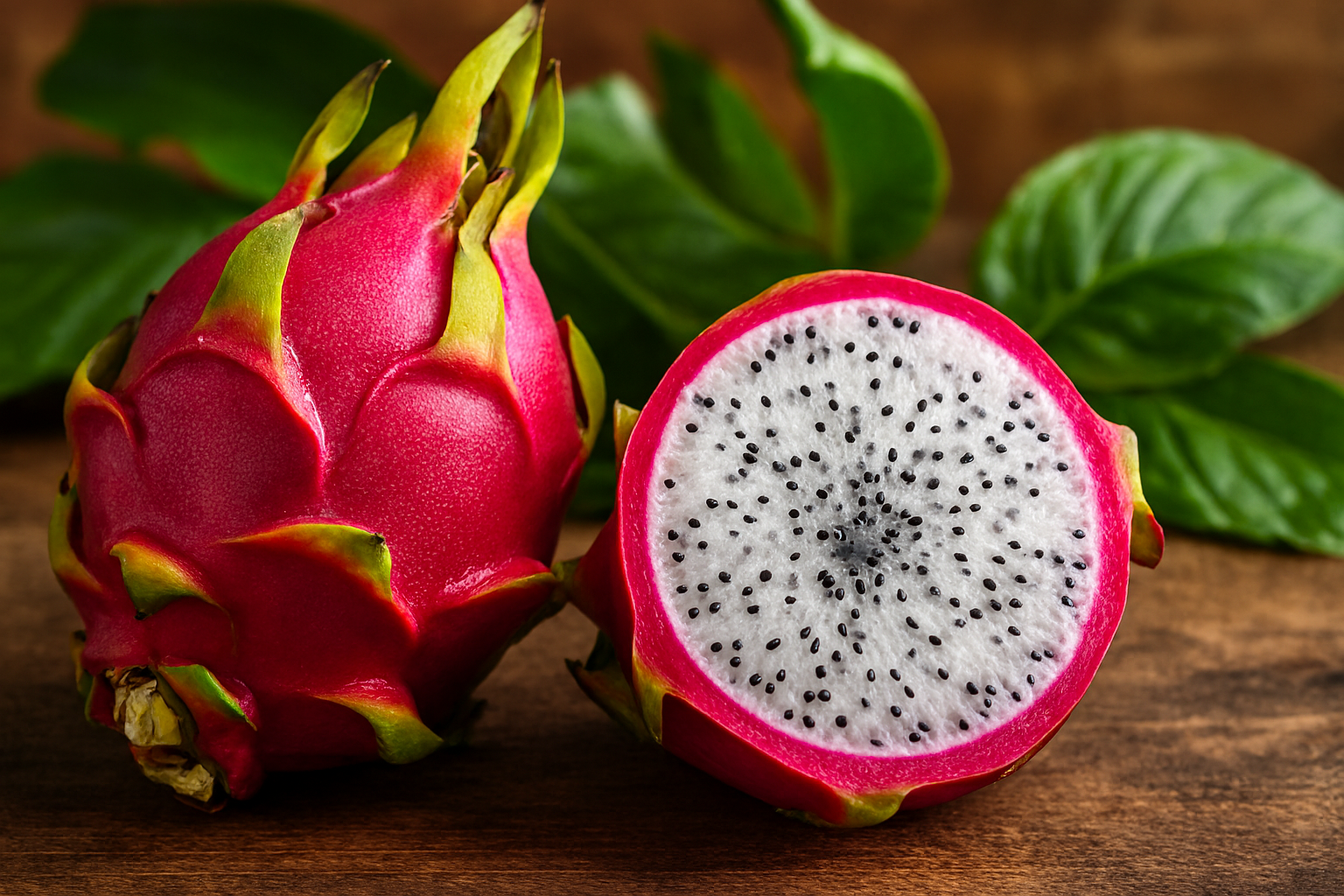Protein is one of the most important nutrients in our daily diet. Proteins play a key role in building muscles, repairing tissues, producing enzymes and supporting overall health. Intake of the required quantity of foods that are rich in protein helps in maintaining overall health.
How much protein do you need and what are its better sources?
Why do we need protein?
Proteins are the building blocks of the body. They make up bones, cartilage, muscle, blood, skin, enzymes, hormones and vitamins. They are important for growth and development, repair, and building cells and tissues such as muscle.
They also play a key role in body processes like blood clotting, fluid balance and immune response. Proteins are made of amino acids. It is important to include a good protein-rich source to ensure a healthy and fit life.
In today’s health-conscious lifestyle, people are seeking tasty yet nutritious food that is rich in protein. They prefer foods that easily fit into their busy lifestyle. From animal-based sources to plant-based alternatives, there are many delicious ways to boost protein intake.
What are the benefits of high-protein foods?
Before understanding the benefits of including foods high in protein, it is important to understand how protein benefits your body.
- Supports muscle growth and repair: The protein helps individuals recover from injuries. It is essential for athletes and fitness enthusiasts.
- Help manage weight: Protein-rich sources keep you fuller for longer, minimizing unwanted snacking and helping in weight loss.
- Boosts Metabolism: Digesting protein requires more energy, which helps in burning extra calories.
- Strengthen Bones: Adequate protein supports bone density.
- Improves Hair, Skin and Nails: The proteins are the building blocks for keratin and collagen, thus improving hair, skin and nails.
Here are the top 10 protein foods
- Eggs: Eggsare rated as one of the most sought-after protein foods. They are the best and most affordable protein sources. A single large egg contains all the essential amino acids, making it a complete protein source. They are also a source of vitamins, minerals, healthy fats and antioxidants. An egg contains 6 grams of protein along with essential vitamins and minerals. Whether boiled, scrambled or poached, eggs are tasty, versatile and nutrient–packed.
- Almonds: Almonds are the best protein snacks. 28 grams of almonds offer around 6 grams of protein. They are perfect for energy boosts throughout the day. They are a powerhouse of essential nutrients like fibre, vitamin E, manganese and magnesium. They are also high in plant-based protein. Eating almonds lowers heart disease risk factors like high bad cholesterol and high blood pressure.
- Chicken breast: It is one of the most sought-after animal-based, lean protein-rich foods. It is a go-to choice if you are trying to increase your protein intake. In addition to protein, chicken provides a variety of B vitamins, plus minerals like zinc and selenium.
- Fish Omega 3: Fishes like salmon, tuna and mackerel are high in protein. A 100-gram serving of salmon offers around 20 grams of protein. It builds muscle but also supports heart and brain health.
- Peanut Protein: Peanut and peanut butter are packed with nutrients like protein, folate, magnesium and vitamin E. Eating peanuts and peanut butter may help one feel due to their high protein content. Adding peanut butter to a high-carb meal may help reduce blood sugar spikes after the meal. 100 grams of peanut butter contains approximately 22-25 grams of protein.
- Quinoa: It is a complete plant protein. It contains all nine essential amino acids. One cup of cooked quinoa provides about 8 grams of protein along with fibre and minerals. It is rich in fibre, folate, copper, iron and zinc, and it’s higher in protein than many grains.
- Lentils: Lentils are the highest protein food. They are an excellent choice if you are on a vegetarian or vegan diet. They are loaded with other nutrients too, including fibre, folate, magnesium, potassium, iron, copper and manganese. People who regularly consume lentils and other legumes have a lower risk of developing health conditions like heart disease and fatty liver disease.
- Pumpkin Seeds: Pumpkin seeds are a great source of minerals like iron, phosphorus, magnesium and zinc. They are loaded with plant–based protein and fibre. They are perfect to boost your energy throughout the day.
- Ezekiel bread: It contains high protein. This bread is different from other breads. It is made of organic and sprouted whole grains and legumes, including meat, barley, spelt, wheat, soya beans and lentils. This bread also has fibre and other important nutrients.
- Tofu: Tofu and Tempeh are excellent plant-based proteins made from soybeans. 100 grams of tofu gives about 8 grams of protein. Tempeh offers 19 grams of protein.
List of Foods Containing Proteins
| Food | Type | Protein Content (Per 100 Gram) |
| Eggs | Animal-Based | 13 gram |
| Chicken Breast | Animal-Based | 26 gram |
| Lean Beef | Animal-Based | 26 gram |
| Fish | Animal-Based | 20 gram |
| Tuna | Animal-Based | 23 gram |
| Greek Yogurt | Animal-Based | 10 gram |
| Milk | Animal-Based | 3.4 gram |
| Cottage Cheese | Animal-Based | 11 gram |
| Lentils | Plant-Based | 9 gram |
| Chickpeas | Plant-Based | 8-9 gram |
| Kidney Beans | Plant-Based | 19 grams |
| Quinoa | Plant-Based | 8 grams |
| Tofu | Plant-Based | 8 grams |
| Tempeh | Plant-Based | 19 grams |
| Almonds | Plant-Based | 21 grams |
| Peanuts | Plant-Based | 25 grams |
| Chia Seeds | Plant-Based | 17 grams |
| Oats | Plant-Based | 11 gram |
| Spirulina Powder | Plant-Based | 57 gram |
The food list of protein will help you choose the right protein source in your daily life.
This food list of protein will help you choose the right protein source in your daily life.
How much protein should we eat daily?
For an average adult, the recommended dietary allowance for protein or the amount one needs to meet their basic nutritional needs, is 0.8 grams of protein per kilogram of body weight. For a person weighing 75 kgs, this comes to 60 grams of protein a day.
High-protein foods are healthy and tasty. From classic eggs and chicken to vegetarian-friendly sources, there are many delicious protein options. By including protein-rich fruits and foods in your diet, you can meet daily nutritional needs, enhance your energy levels and maintain a healthier lifestyle.
FAQs
- Which fruit has more protein?
Guava is the fruit that has the highest protein content, providing about 2.6 grams of protein per 100 grams. - How much protein is in one egg?
One egg contains 13 grams of protein per 100 grams. - Which food has the most protein?
Among natural foods, lean meats like chicken breast and fish are the richest sources, while spirulina tops the list overall. - What is the B protein?
B protein is a nutritional health drink mix enriched with milk and soy proteins, vitamins and minerals, designed to support daily protein needs. - How much protein does beef contain?
Per 100 grams of beef contains 26 grams of protein. - What are protein-enriched fruits?
Protein-enriched fruits include guava, avocado, jackfruit, blackberries and apricots, offering higher protein compared to most other fruits.




